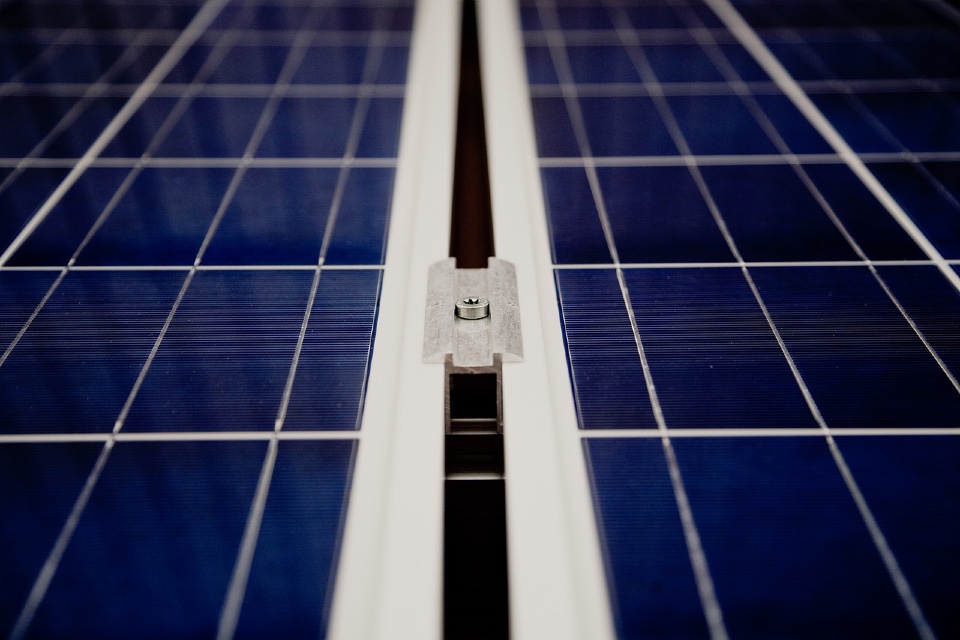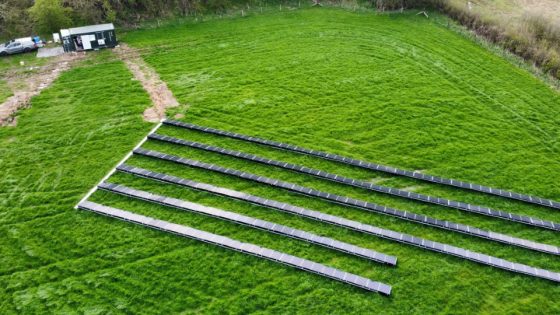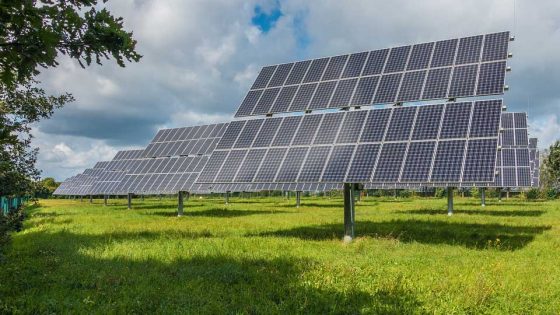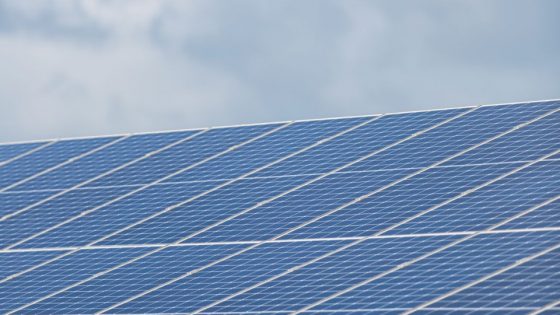The UK has made significant strides in its transition to cleaner energy sources, with Solar Photovoltaic (PV) playing an instrumental role. However, businesses looking to harness solar energy need to be aware of the regulatory and licensing landscape. Here’s an overview of the key requirements, as detailed by delegates and attendees at the Energy Management Summit…
Planning Permissions:
Typically, solar installations on commercial premises might need planning permission, especially if they’re ground-mounted or if the building is listed or in a conservation area. Always check with your local authority.
Roof-mounted systems are generally considered ‘permitted development’ in commercial settings, but there are exceptions, including if the system protrudes more than 200mm from the roof or if installed equipment is higher than the highest part of the roof (excluding chimneys).
Building Regulations:
Any solar PV installation needs to adhere to the UK’s building regulations, ensuring that the installation does not negatively impact the building’s safety or structural integrity. Installers should notify the local building control body before installation.
Microgeneration Certification Scheme (MCS):
For businesses wishing to benefit from certain government incentives, the installation must be carried out by a Microgeneration Certification Scheme (MCS) certified installer. The MCS is a mark of quality and demonstrates compliance to industry standards. It indicates that the company can install to the highest quality every time.
Grid Connection:
If you intend to connect your solar system to the grid, you need to get approval from the District Network Operator (DNO). This ensures that the grid can handle the power you generate. Depending on the size and scope of your installation, there might be additional requirements or fees.
Feed-in Tariffs (FiT):
The UK government’s Feed-in Tariff scheme ended in April 2019. However, businesses that have already installed solar PV systems and are registered can continue to receive payments. Make sure to comply with the FiT’s ongoing obligations and periodic checks. Post-FiT, the Smart Export Guarantee (SEG) has been introduced, which mandates energy suppliers to pay small-scale low-carbon generators for electricity exported to the grid.
Environmental and Aesthetical Concerns:
Especially for larger installations or in areas of natural beauty, an environmental impact assessment might be necessary. The visual impact of the panels and any associated infrastructure should be considered, ensuring minimal disruption to the landscape or townscape.
Health and Safety:
Adherence to health and safety standards is non-negotiable. Risk assessments, safe working practices, and appropriate training are essential, especially considering the potential electrical and height risks associated with solar installations.
Waste Management:
Under the EU’s Waste Electrical and Electronic Equipment (WEEE) directive, producers of solar panels are responsible for the costs of collecting and recycling them at end-of-life. Ensure compliance with this directive, even post-Brexit, as similar UK regulations may apply.
While Solar PV offers a plethora of benefits from an environmental and economic perspective, businesses must navigate the intricate regulatory landscape to ensure compliance. Engaging with a professional, informed, and certified installer can ease this process, ensuring your solar journey is both efficient and compliant.
Do you need Solar PV solutions for your business? The Energy Management Summit can help!
Image by Markus Spiske from Pixabay






